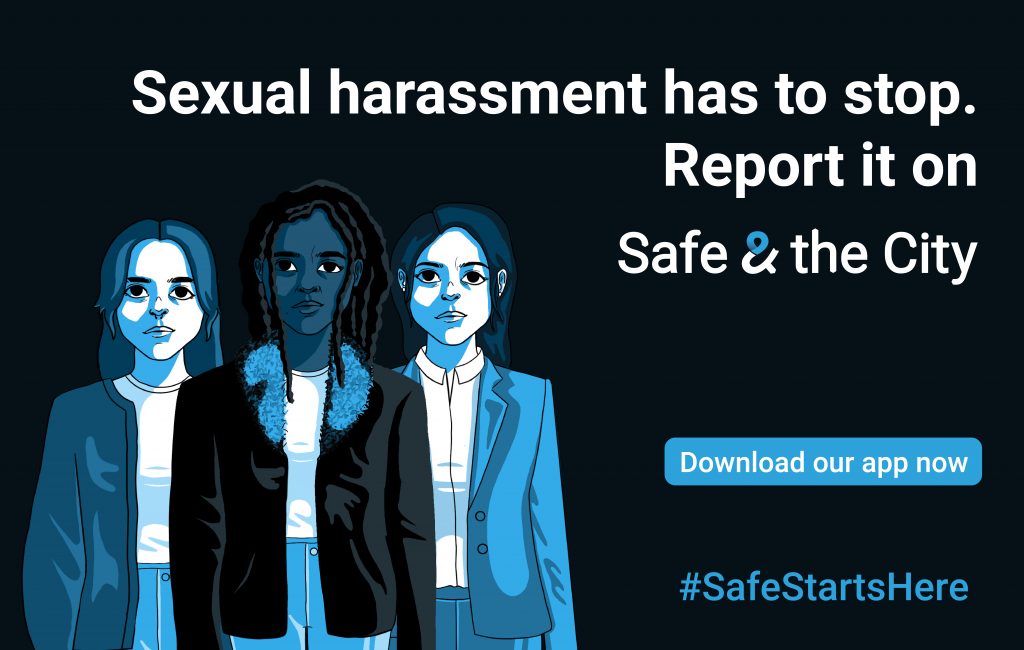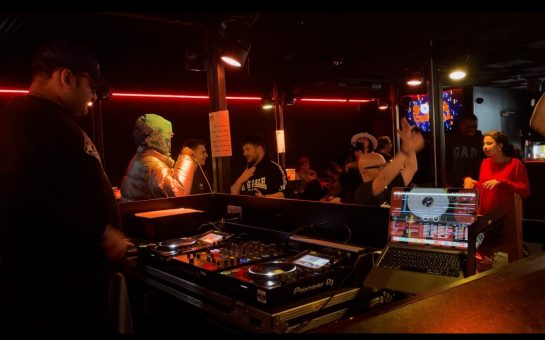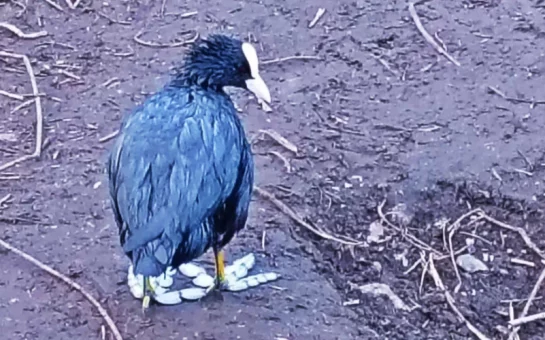Three south London boroughs have partnered with data insight specialists to research street harassment and misogyny.
‘Safe Starts Here’ is a 12-month pilot project which sees Bromley, Sutton and Croydon councils working with Safe and the City, a social enterprise which uses crowdsourced data to tackle gender-based sexual harassment and misogyny on the street.
Their mobile app allows victims or bystanders in cases of street harassment to report the incident and where it happened, and the data is then shared with local authorities and the Met Police.
The aim of the pilot is to improve intelligence about the occurrence of attacks, so that local authorities can improve their policing and urban design accordingly.
A spokesperson from Croydon Council said: “The Safe And The City research will provide much-needed data that will improve our knowledge of where and why women and girls become the victims of misogyny, harassment or sexual violence.
“This will help our continuing work alongside the police and voluntary and community groups to pinpoint, address and prevent these issues so women and girls feel safer in our borough.”

The announcement came the week after 28-year-old primary school teacher Sabrina Nessa was found dead, believed to have been murdered, in a south London park.
A 38-year-old man was arrested on Thursday on suspicion of murder.
Safe and the City hopes that by increasing our understanding of where harassment and gender-related violence is happening, and who its victims and perpetrators are, authorities will be better equipped to tackle the issue.
Safe and the City founder Jillian Kowalchuk, said: “This is the window of opportunity to design technological and data-driven solutions representative of the unsafe experiences of women and girls we need to change.”
The app operates like many other navigation tools, with the addition of the ‘report’ functionality.
Throughout your journey, it will scan incoming and historical reports and alert you if you are entering a particularly dangerous area.
This also comes six months after the death of Sarah Everard in Clapham in March, an event which sparked a national discussion about the dangers facing women when out in public.
Featured image credit: Tim Dennell via Flickr under CC BY-NC 2.0 license




